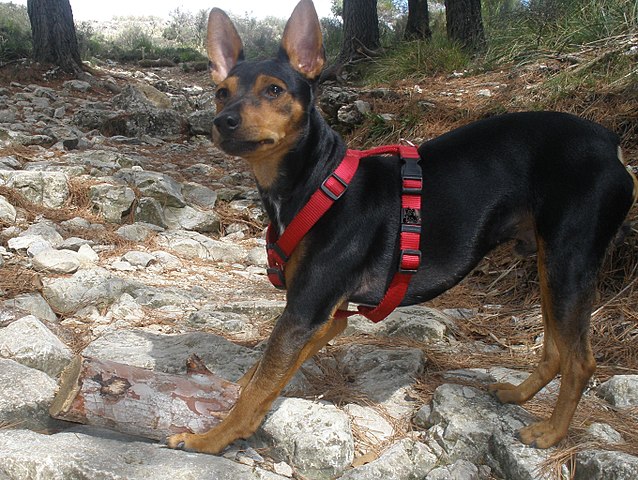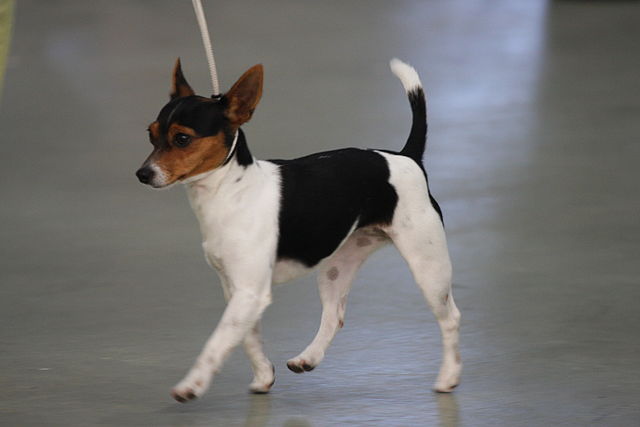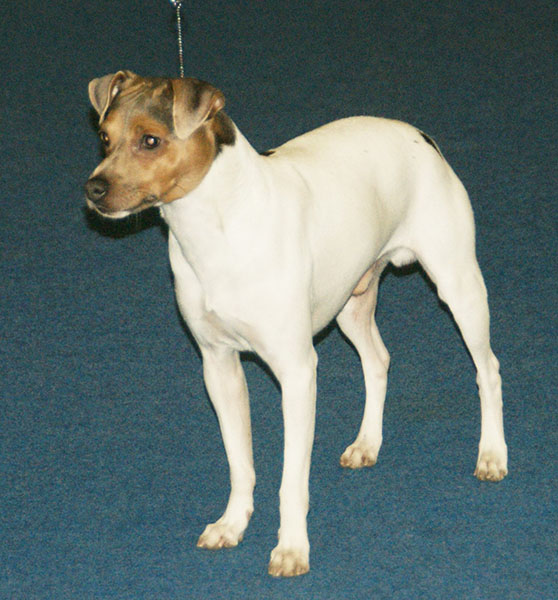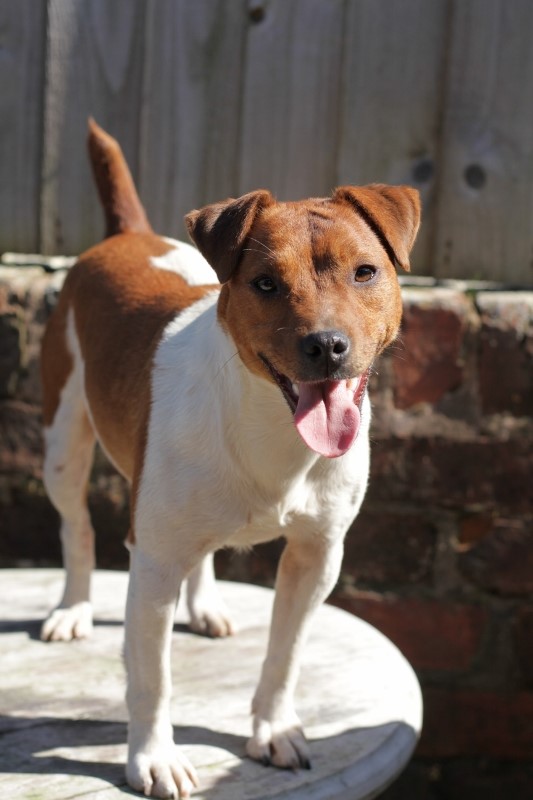The Welsh Terrier is one of the long-legged terrier breeds, always marked with a black and tan coat and always sporting a fiery personality! At first glance he may appear to be a small Airedale Terrier, although his temperament and traits are much different. He usually has less of a “working” personality and more of a hunting persona. Many also have more of an independent nature than the Airedale. That said, they love people and are very outgoing, even with strangers.
Welsh Terriers are known for generally having stable temperaments and are not known for being overly hyper, although they are still terriers and thus should be evaluated as such. They are often considered fearless when compared to other breeds as very little will phase them. Curious and inquisitive, they are often the first to inspect a strange sound or a new object. For this reason, fences are recommended, less they decide to wander right off your property in search of the next interesting thing! They have been known to climb fences and dig out of yards (or even just dig craters in yards), so securing the backyard is a must.
Because they were bred to hunt vermin such as rats (and even larger animals such as badgers), most Welsh Terriers have very high prey drives. Many cannot be trusted around cats for this reason. Additionally, dog-to-dog aggression is not uncommon with this breed. The Welsh Terrier generally does best as the only pet in the household, although they might play and act nice with other dogs outside of their property (as long as they have been socialized extensively). As far as children go, they can make great companions for kids… as long as the kid is not very young. It is best to wait until your child is past the toddler stage before considering adding this breed to your household.
The exercise needs of the Welsh Terrier are generally low, although they are usually up for the challenge if their owner feels like taking them on a long jog or hike! As such, they can do well with all manner of activity levels, as long as they are getting at least some exercise. At home, they are normally happy to lie on the couch or on your bed. Whether or not you want to allow that behavior is up to you, but as dog trainers, we normally advise to curb against letting dogs up on furniture, especially if there are any dominance problems or other behavior issues. In particular, if your Welsh Terrier shows signs of guarding food or toys (another trait of the breed), it is best to establish household rules and boundaries. 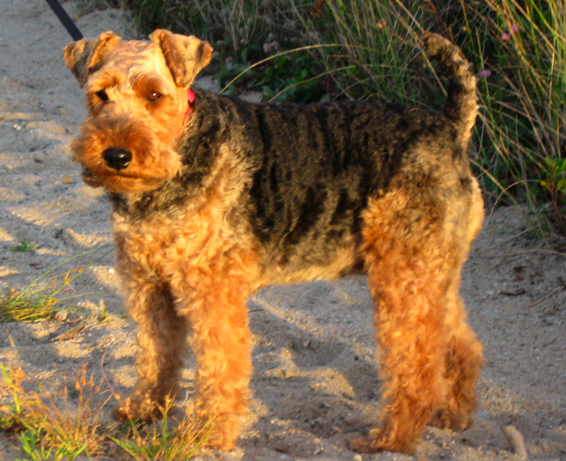
The Welsh Terrier has often been called stubborn, but can also easily be called naturally dominant. Many have a “strong character” that can turn into something more if the dog is allowed to get away with whatever they want. Training is recommended for all dogs, but especially important for strong-willed breeds such as the Welsh Terrier. It is important to be firm, yet fair, when training this breed. Consistency is key, as well as making sure that you are training with a confident demeanor.
The Welsh Terrier, as an adult, does not shed. This makes him a great choice for the fastidiously clean. However, the dead undercoat will need to be pulled out by brush and/or by stripping the coat regularly.
This breed can make a very good watchdog, alerting to the first sign of a person at the door. For some owners, however, they may bark just a little too much… Overall, this breed is a favorite among his followers but most of them will be quick to point out that it takes a certain type of person to own a Welsh Terrier. For those who are up for the challenge, however, they may find that they have stumbled upon the best dog they have ever owned.
